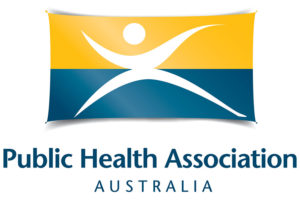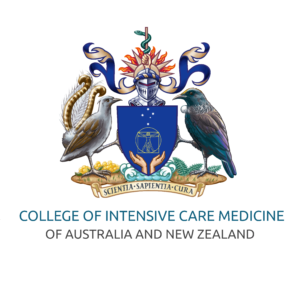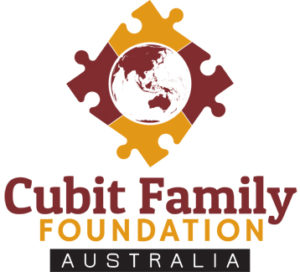The public outrage following the massacre at Port Arthur in 1996 lit a fire under the simmering gun control debate.
Overwhelming public opinion in favour of tightening gun-ownership laws and banning semi-automatic weapons was powerful enough to push politicians to act.
The speed with which the National Firearms Agreement was created was due in part to hard work and advocacy already ongoing in the years before the tragedy.
In the 18 years up to and including the Port Arthur killings, there were 13 gun homicides in which five or more people were killed (excluding the shooter) in Australia.
So gun-control debate was not new.
Simon Chapman – Emeritus Professor School of Public Health at the University of Sydney – was among those already clamouring for better laws, having cofounded the National Coalition for Gun Control.
In the years following Port Arthur, he stepped away from direct advocacy and turned his passion and talents to research.
Like all of those at the forefront of the gun control lobby, he endured the backlash of the gun groups pushing to loosen the gun-ownership laws.
However, while no longer in front of a TV camera, Prof. Chapman remained involved, deciding his contribution would be evaluating the impact of the new firearms legislation.
Data and hard facts make an impact where opinion alone might not.
His peer-reviewed papers, particularly on the 20th anniversary of the Port Arthur deaths, concluded Australia’s major gun law reform undoubtedly saved lives.
“What was achieved in the aftermath of Port Arthur stopped massacres,” Chapman says.
“For 22 years we didn’t have a mass shooting in Australia and saw an accelerating decline in intentional firearm deaths.”
But opponents didn’t find the data indisputable. They argued that massacres were rare events anyway and so a 22-year absence was simply a normal progression of such a rare occurrence.
Professor Chapman turned to mathematics to find out.
“I took the issue to a mathematician at the University who specialises in the probability of rare events,” he says.
“His conclusion was the odds that a 22-year absence of mass shootings in Australia since 1996 gun reforms are due to chance are one in 200,000.”
The legislation enacted by the state and territories following the National Firearms Agreement is, Professor Chapman says, “fraying around the edges”.
But the centre piece – the ban on semi-automatics – he believes is strong and will stay intact.
To the vocal gun owners who are outraged by gun-control measures they see as a personal affront, Professor Chapman – a long time tobacco-control activist – takes the public health approach.
“The vast majority of gun owners are not a danger to others … but the issue is we can’t predict who will be, so we have to enact laws to protect the community. In this case, controlling access to guns,” he says.
“It is not a slur on every gun owner. If I get pulled over for a random breath test while driving, I don’t become outraged because I’m being considered a possible drunk-driver. When I go through security at the airport, I don’t feel insulted and think someone considers me a possible terrorist.
“I see the greater good. It is part of living in a safer society.”
Professor Chapman’s book Over Our Dead Bodies – giving an insider’s view of the struggle for gun control – was published in 1998 and reprinted in 2013.
With more than 37,000 downloads, the free publication is an important work, showing what it takes to change minds, galvanise support and ultimately reform outdated laws.
The achievements of Professor Chapman and all those who fought hard for tighter gun controls were huge and are the envy of the world.
Although retired now, the struggle is still real.
“We must never get complacent,” he says.


























